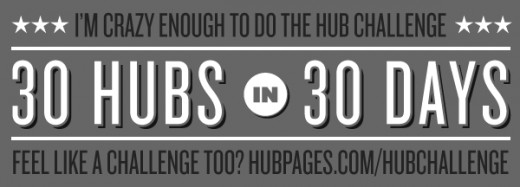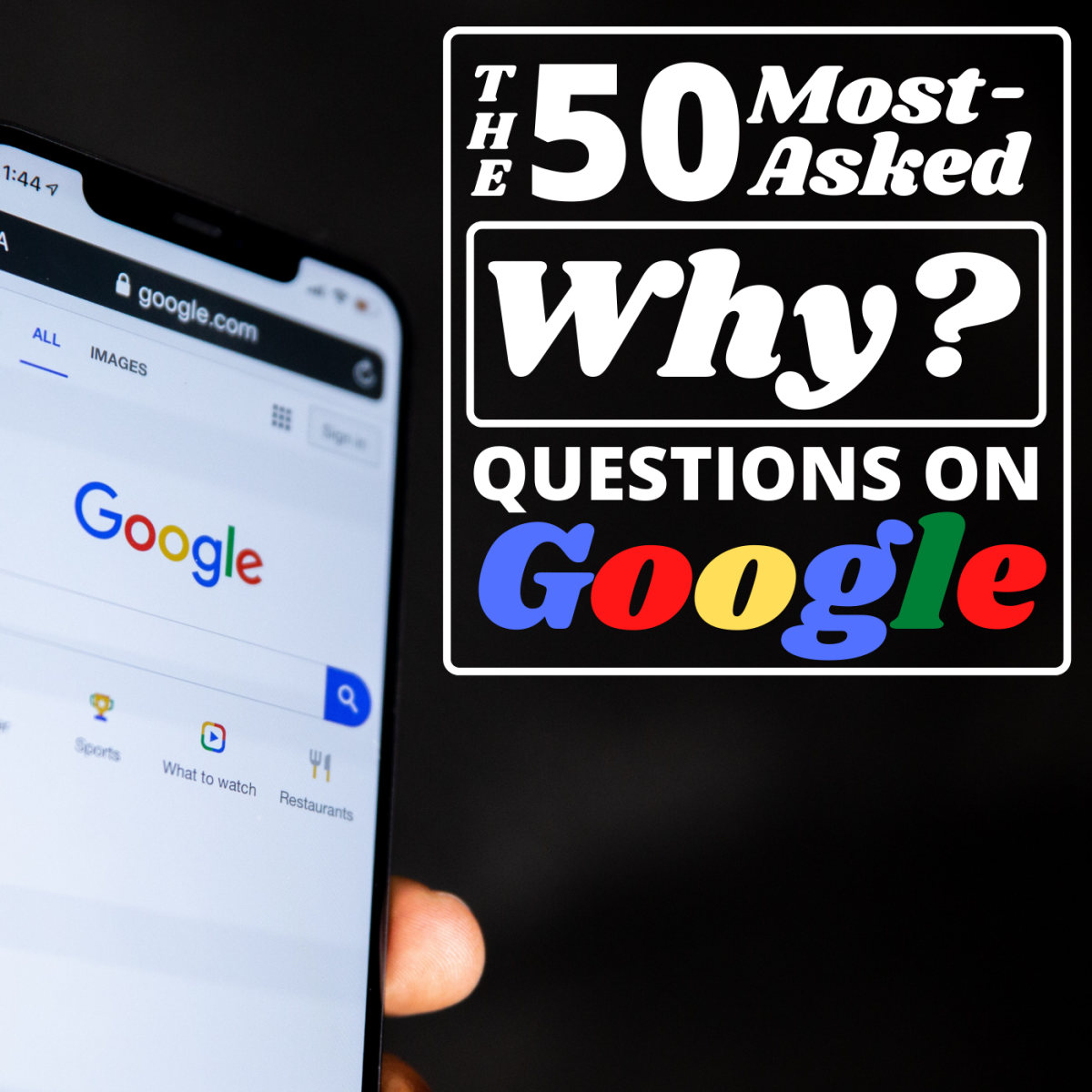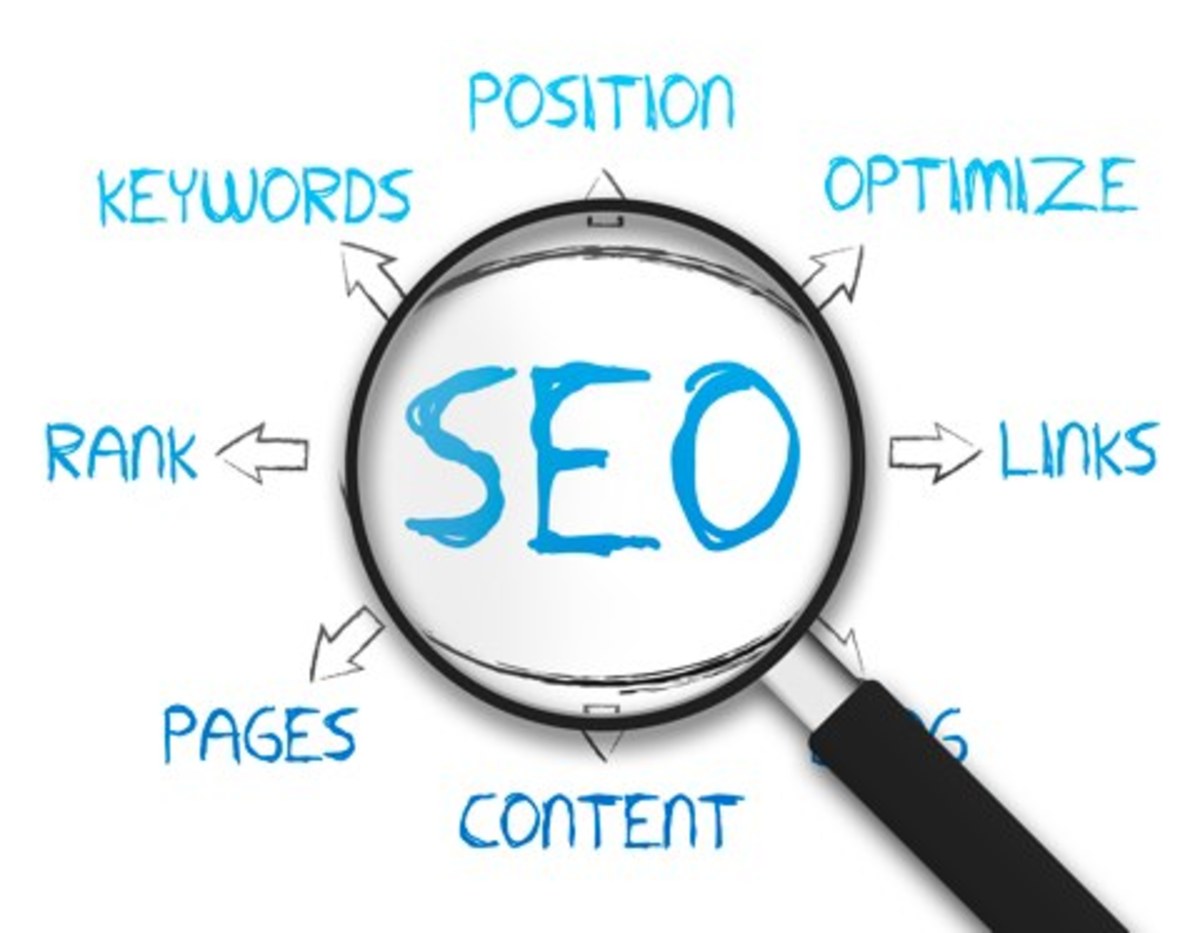SEO for Dummies

SEO for Dummies
The last years, Search Engine Optimization (SEO) has lived an
incredible growth. What once was just overlooked by most webmasters, is
now almost a 'science'. Ranking well in search engines may be the
difference between a successful online project, and a total failure.
When
something grows so rapidly, with 'gurus' selling ebooks, hundreds of
websites dedicated entirely to SEO for dummies, techniques, etcetera, there's always
space for misinformation and gossip, that, when repeated by lots of
people, becomes 'almost' undeniable 'truth'.
Let's see six of the most
common myths that this 'race' to the top of the search engines has.
1. Put a lot of good content, then leave your site alone
This is a common misconception, search engines are constantly updating their databases and moving sites up and down the ranking, so you should never stop adding new content to your site. Even if it's once a month, even if it's just a PLR article, adding content makes search engines know that your site is 'alive' and kicking.
Adding new content not always
improve your ranking, but it does make the search engines crawl you
more often, and of course, the more content you have, the more pages
and keywords you can be found for.
2. Header <H1> Tag
It's
almost common knowledge: H1 headers and other header tags will make you
rank higher. The fact is, nobody can really assure this. Lots of people
believe it's just another myth, it won't hurt, but it won't help you as
much as advertised by 'gurus' and 'knowledgeable' SEO experts.
3. Number of words
You
can read in several places that give SEO advise that you should never
write articles that are too short, everything below 250-300 words won't
rank well against longer articles. This has never been proven, if you
make a short unique article with good keyword density, it will rank as
well as a longer one with similar keyword density and that's a fact.
You can find a lot of websites that split their articles in 6-8 parts
and make their users navigate through them. Those articles, which in
reality conform as much pages as parts that article has been splitted
in, rank very well.
4. Pay-per-click ads promoting your website will make you improve (or the opposite) your ranking.
It
stands to common sense that the big G and the other search engines
(almost all have some kind of advertising program) would not hurt your
ranking when you are actually paying them for ads. That does not mean
running ads will help your ranking also, that has never been proven
either. The most possible answer, it just does not affect your site.
5. You should send you site's URL to the search engines
Wrong,
that won't help your ranking at all, and nowadays, it won't even help
you get indexed faster. You should not lose time with it.
6. Google sitemap will make Google like you more.
The
reality is, you do not always need a Google sitemap, unless the design
of your site is not friendly to search engine's crawlers. It will not
hurt to have one, but it will not improve your ranking, so SEO-wise,
it's unimportant.
There's endless SEO myths, these are just some
of them. The reality is, you must test lots of stuff, and what works
today, do not necesarily has to work tomorrow, search engines are
'live' organisms, you will have to adapt, or fall to the bottom of the
rankings.
I hope I'm able to update this SEO for dummies in near future. Meanwhile I'm off to writing my next hub. Damn! 100 hubs in 30 days is really fun and yeah, it's tough too.










